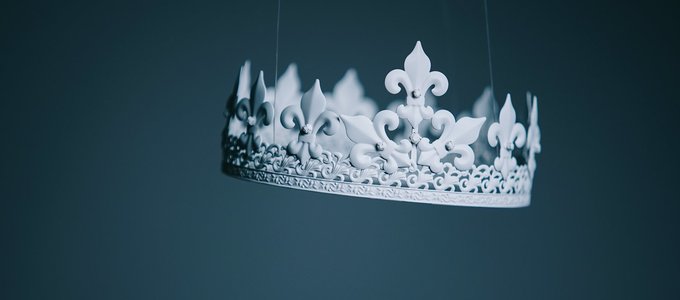Taxation: Does the Queen get taxed?

It’s recently been announced that HRH Queen Elizabeth II will be gifting her property, York House, to HRH Prince Harry and Meghan Markle as their wedding present. Such an extravagant gift is usually subject to Inheritance Tax, but would this be the case for the Queen? This article explores the ways in which taxation impacts Her Royal Highness.
Income and Capital Gains Tax
Did you know the Queen is not officially a UK taxpayer and is therefore not obliged to pay Income Tax (IT) or Capital Gains Tax (CGT)? With this said, however, she voluntarily began paying both back in 1992. In terms of her wedding gift to the newlyweds, she may receive a very large Capital Gains Tax bill unless she uses Capital Gains Tax reliefs.
Council Tax Bands
The Queen must pay council tax on her properties and, as a result, has a very high council tax bill to pay each year. Buckingham Palace falls into Council Tax Band H, meaning that the Palace attracts a Council Tax bill of £1,337.62 per year. Surprisingly, Windsor Castle has an even higher bill of £2,365.16 per annum.
Even higher still, Balmoral Castle raises a Council Tax bill of £2,460.78 and her Sandringham estate in Norfolk, parts of which she has gifted away as wedding presents to HRH Princes William and Harry, costs the Queen £3,033.20 every year.
This amounts to a grand total of £9,196.76 annually, which is all paid from the Queen’s personal funds.
Inheritance Tax
Anything that is owned by the Queen as sovereign is not technically owned by the monarchy and therefore is not hers to give away. Because of this, property such as the Crown Jewels does not attract Inheritance Tax (IHT).
Anything that the Queen does own herself can be divided into two categories:
- That which is passing to the next in line to the throne; and
- That which is not passing to the next in line to the throne.
Inheritance passing to the next in line to the throne is exempt from IHT. This is to preserve the Monarch’s personal wealth.
Technically, any other items passing between other family members (for example the Queen’s wedding gift to Prince Harry) are not free from Inheritance Tax. As a result, if the Queen were to pass away within the next 7 years, her estate may be subject to an IHT bill. This is not set in stone, however, and a decision will still be made at the time. When the Queen’s Mother died in 2002, the decision was made not to tax her estate.
If you would like to receive advice on your own Inheritance Tax liability, or would like help in later life planning, please feel free to call a member of Lawson-West’s Wills and Probate team on 0116 212 1000 and arrange an appointment at any of our locations. We have offices in Market Harborough, Wigston and Leicester.
You can read more about Inheritance Tax on our website.
View all

